Ramadan is the holiest month in the Muslim calendar. During the entire month of Ramadan, Muslims fast every day from dawn to sunset, which is meant to be a time of spiritual discipline.
Ramadan And Eid Celebration in Indian Culture
Eid Mubarak Fafa! Now, tell us how is Eid celebrated in Indian culture?
Okay, this will have to start with the preparation for Eid al-Fitr (the day that marks the end of Ramadan, the Islamic holy month of fasting) as that’s as fun as that day itself. There’s a lot of shopping involved, for family, ourselves and people who can’t afford it, usually clothes and gifts.
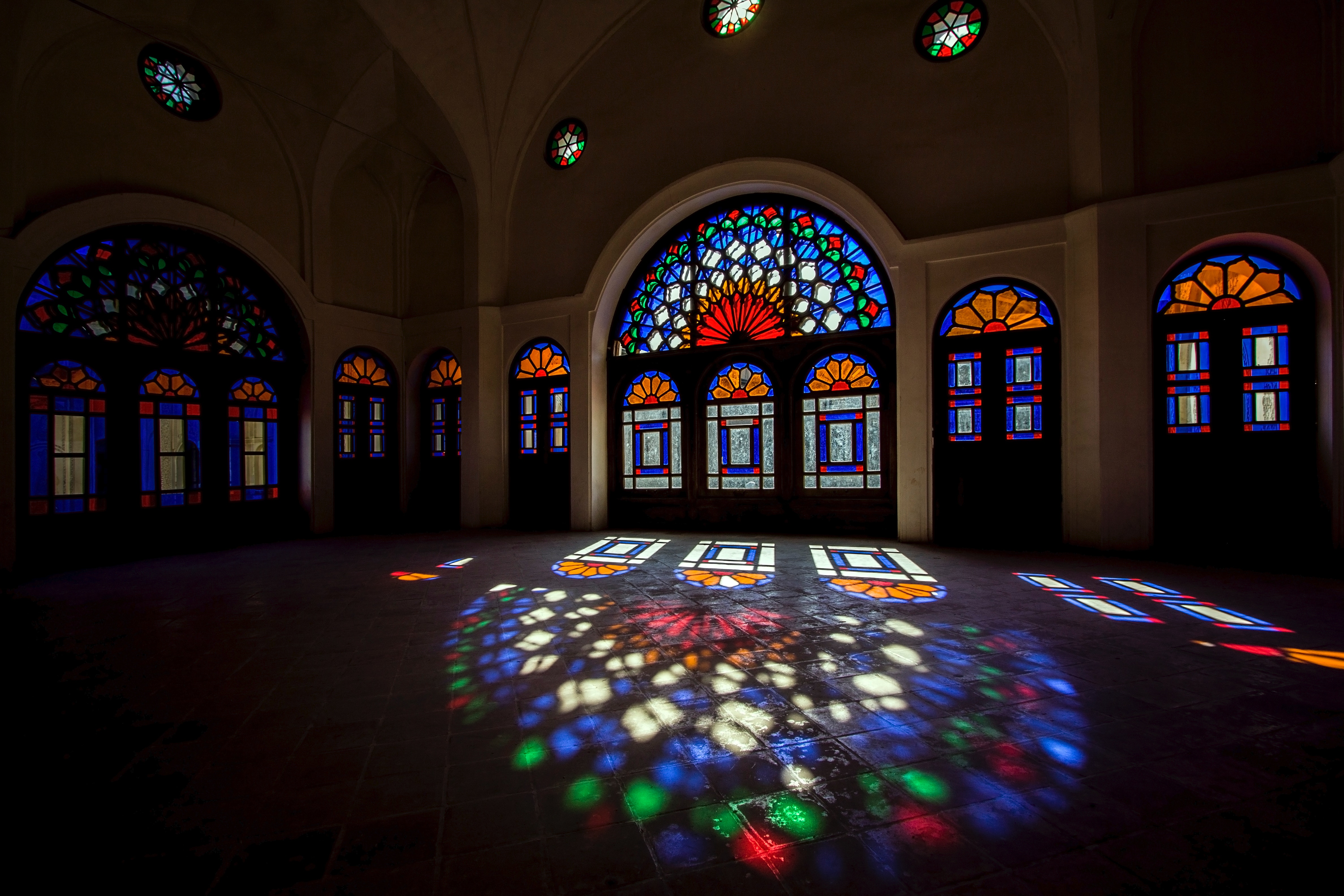
The most exciting part is the waiting for the announcement from the mosque that Eid is the following day. Since Islam follows the lunar calendar, Eid doesn’t begin until the new moon appears in the sky. Once we do get the announcement, the preparation goes ahead in full swing. My parents start prepping for the meals for the next day, I would be in charge of ironing all the clothes for the next day, with my brothers cleaning the house.
On the day of the Eid
We dress up in our best clothes and head to the mosque for the prayers. After the completion of the prayer, we greet each other by embracing three times.
The day is then spent having amazing food. Usually starts with breakfast at home and almost always with Goat Biryani for lunch.
Eid, like Ramadan, is also celebrated as a community, we would start visiting our families and give each other gifts. As kids, we used to look forward to it as that meant we would be getting Eidi (a gift that is usually given to children by older relatives, usually money, as part of the celebration — similar to the red packet given during Lunar New Year in Chinese culture).
A unique family tradition during Eid
My mum made Payasam (a rice pudding, made by boiling with milk and sugar one of the following: rice, broken wheat, tapioca, vermicelli) and gave it to our relatives and neighbours, regardless of whether they were Muslim or not. As kids, we were in charge of handing it out to our neighbours. Which meant goodies in return from them as well.
You have celebrated Ramadan in different cities. What are the main differences and which one is your favorite?
They are all celebrated very differently. Jeddah, being where it is and its close proximity to Mecca, had beautiful Ramadan. It’s also close to my heart because those were the ones celebrated closely with family and I have fond memories of those. I can still smell mum’s cooking that used to start at 3 pm for the breaking of the fast (Iftar) at 6:30 pm.
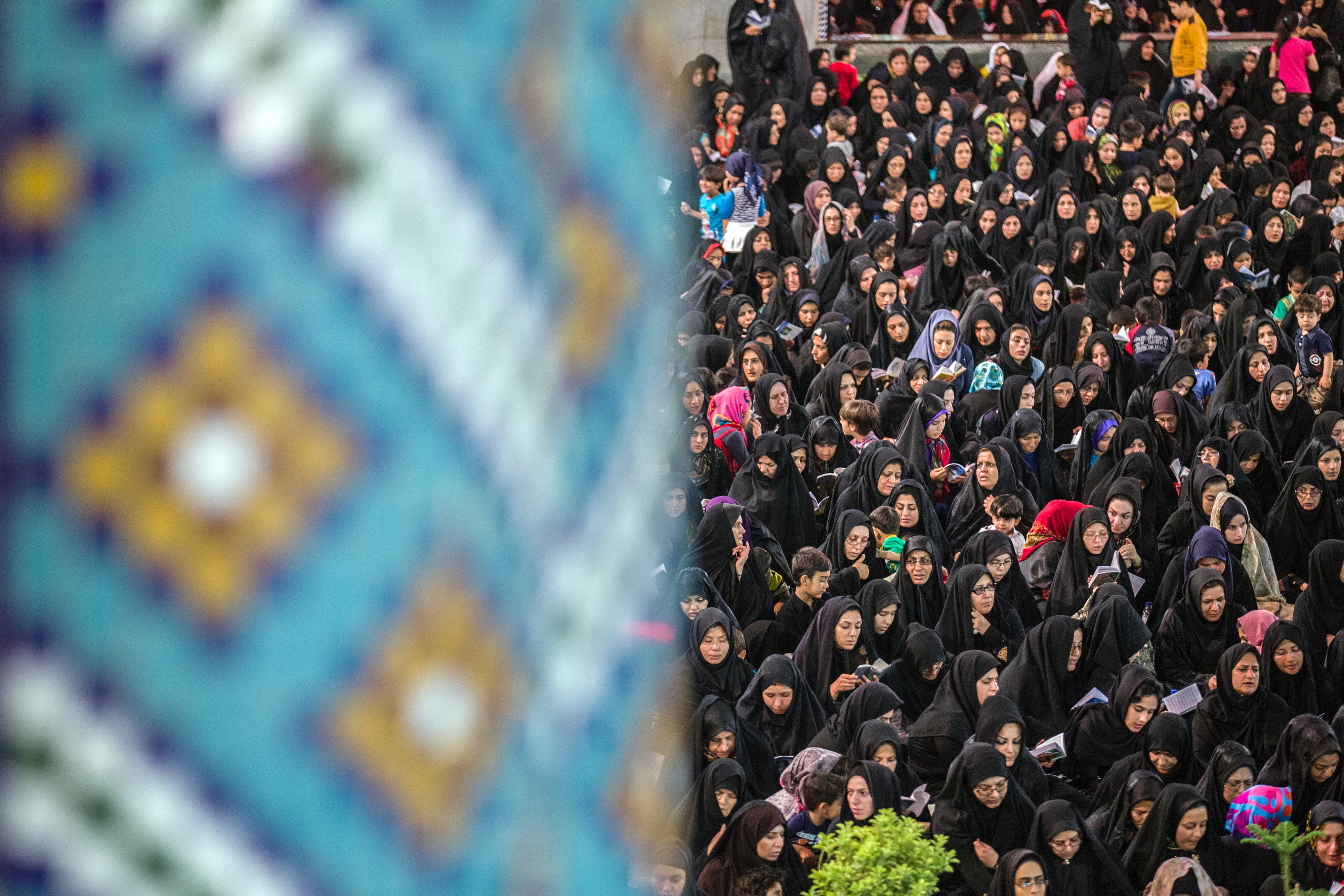
The most interesting bit and exciting for me as a kid was that the timings would flip during Ramadan to make it easier for people who fast. People would go to work after they break their fast at 6:30 pm and work till 2/3am in the morning. They would then sleep till afternoon and prepare for Iftaar and immerse themselves in prayers. As a kid, it was exciting to be out at 2 or 3 in the morning and having the whole city alive and buzzing.
Singapore and India are pretty similar, in how they celebrate Ramadan. The most beautiful thing that I have found during Ramadan is the sense of brotherhood amongst Muslims and Non-Muslims. When I moved to Singapore I didn’t know a lot of people, but during Ramadan, I would go to a mosque to break my fast and be surrounded by people doing the same and it felt like home. There are also lots of charities and donations being made during Ramadan as well to homeless people and people who need it.
What is the best part of Ramadan for you?
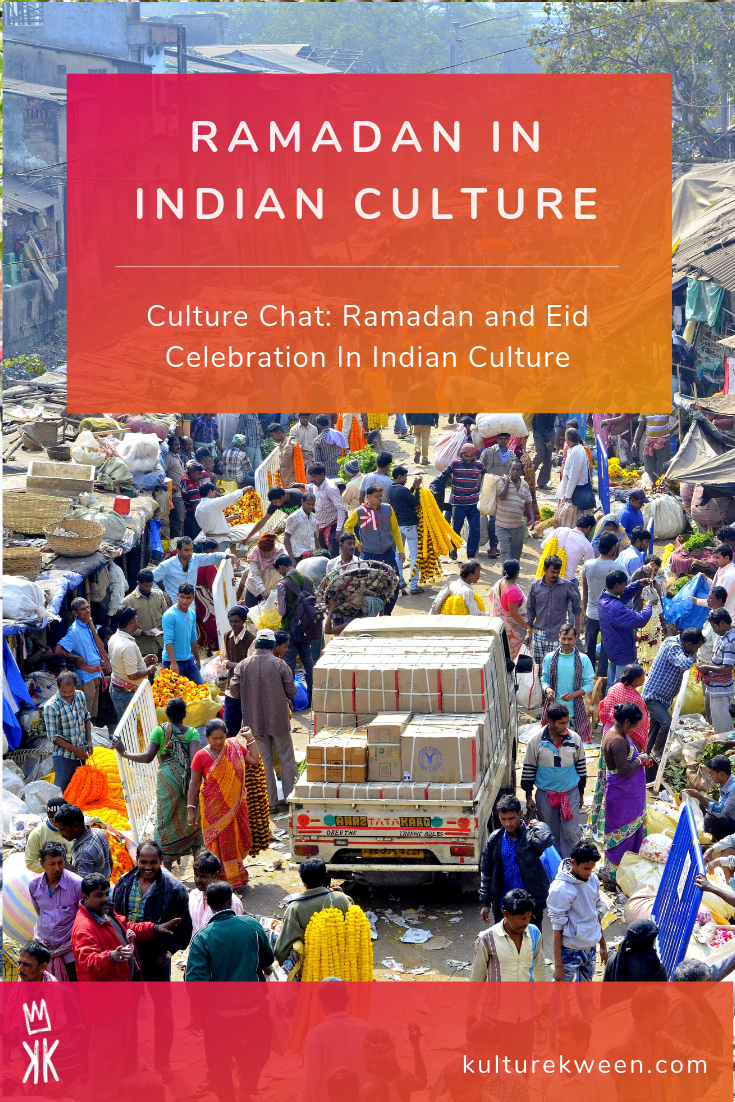
I would say it’s the sense of being together. Muslims gather in their homes or mosques to break their fast with a meal called iftar that is often shared with friends and extended family. The iftar usually begins with dates, as was the custom of our prophet Muhammad, or apricots and water or sweetened milk.
The feeling of breaking your fast at a mosque with total strangers and yet feel like family is the best part of Ramadan for me.
What is your fondest memory about Ramadan?
It’s the Iftaar in Jeddah when we were kids. I remember sitting around the dining table with my brothers and parents. And breaking our fast as a family and then going to the mosque for the prayers.
Do you have a tradition you do as a family?
As I mentioned Ramadan is a very communal period. My family would always host Iftaar for our extended family and friends. It gives us great joy to share the iftar with our friends and family. As kids that also meant getting to play video games with your friends and forgetting the hunger 😊.
Tell us about the best Ramadan bazaar you have ever visited!
Well, that would have to be the Ramadan bazaar in Saudi Arabia when I was living in Jeddah. We used to live near this place called Al-Balad (translated to Town). It’s the historical centre of Jeddah and has served as the centre of Jeddah. It has a lot of historical architecture and is preserved by the Saudis and kept in the same way. It gives you a feeling of stepping back in time when you visit Al-Balad.
During Ramadan, the streets of Al-Balad would be lined up with stalls filled with sweets and amazing food. To get a sense of the atmosphere, imagine the air filled with the scent of Arabic perfumes, oils, incense combined with the aromas of dates, spices, and Arabic coffee beans. You will see the sights of vendors selling freshly cooked food such as Samosa, Shawarma, and people sitting and having coffee and Sheesha.
I had fond memories of using my Eidi to buy toys and sweets and my favourite at that time, Sega game cartridges.
What is the iconic Ramadan food in your culture?
In our culture (Indian Muslims from Kerala), the most iconic for me is the Pathiri and Goat Curry. Pathiri is a flatbread popular in the coastal Malabar region of Kerala and it is prepared using only three ingredients – rice flour, cooking oil and water. It’s usually paired with a spicy Goat or chicken curry and it’s delicious.
Tell us about your experience celebrating it when your partner doesn’t?
Well, I’ll tell you this, it helps when you have a partner who is considerate and understanding.
When fasting I’m not too fussed about people eating in front of me or even going to a restaurant and not eating. But to be honest I do get Hangry when it’s close to sunset.
My fond memories of celebrating it with my partner are of being in Singapore and visiting Arab Street, which has the Sultan Mosque (one of the most beautiful mosques in Singapore) and the streets and lanes are filled with food stalls with great fried food from Malaysia and Indonesia.
My favourite is the vadai (which is a category of savoury fried snacks from India) which are usually filled with vegetables, prawns or meat.
What is your least favorite part of Ramadan?
The fact that I can’t have coffee. That’s the hardest for me to stay away from.
What is the one thing you want other people to know about Ramadan?
This is a hard one, but Ramadan for me is about the collective commitment of a community to a purpose greater than oneself and doing that by seeing beyond our own individual circumstances and sharing the lives of the less fortunate so that we can appreciate what we have and at the same time help others who don’t. It’s a month of gratitude, love, humility, and self-restraint.
I’ve read that Ramadan is patience, charity, effort, and one month in a year to try to be a complete human. That’s stuck with me and is probably what I’d like people to know about Ramadan.
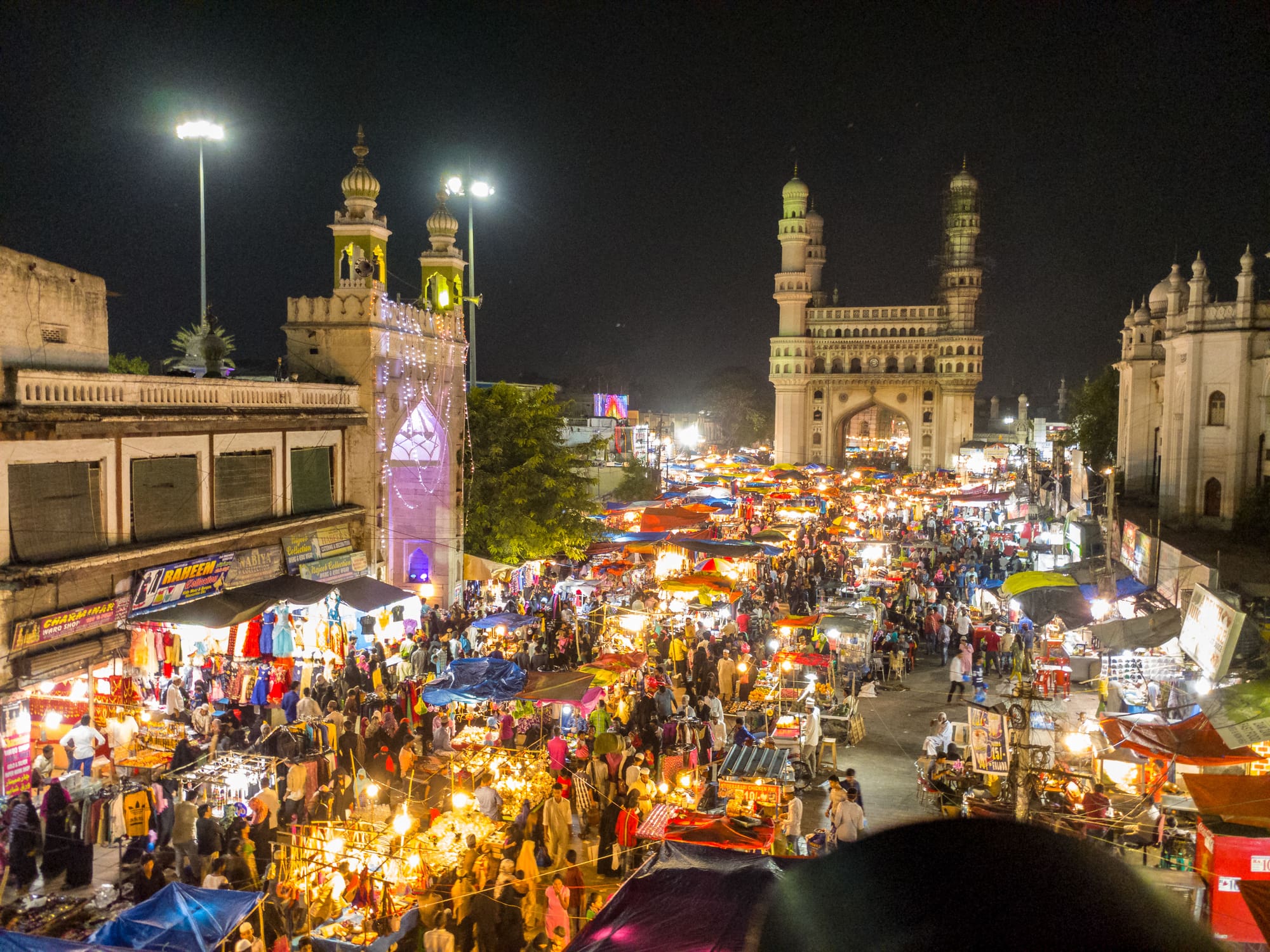
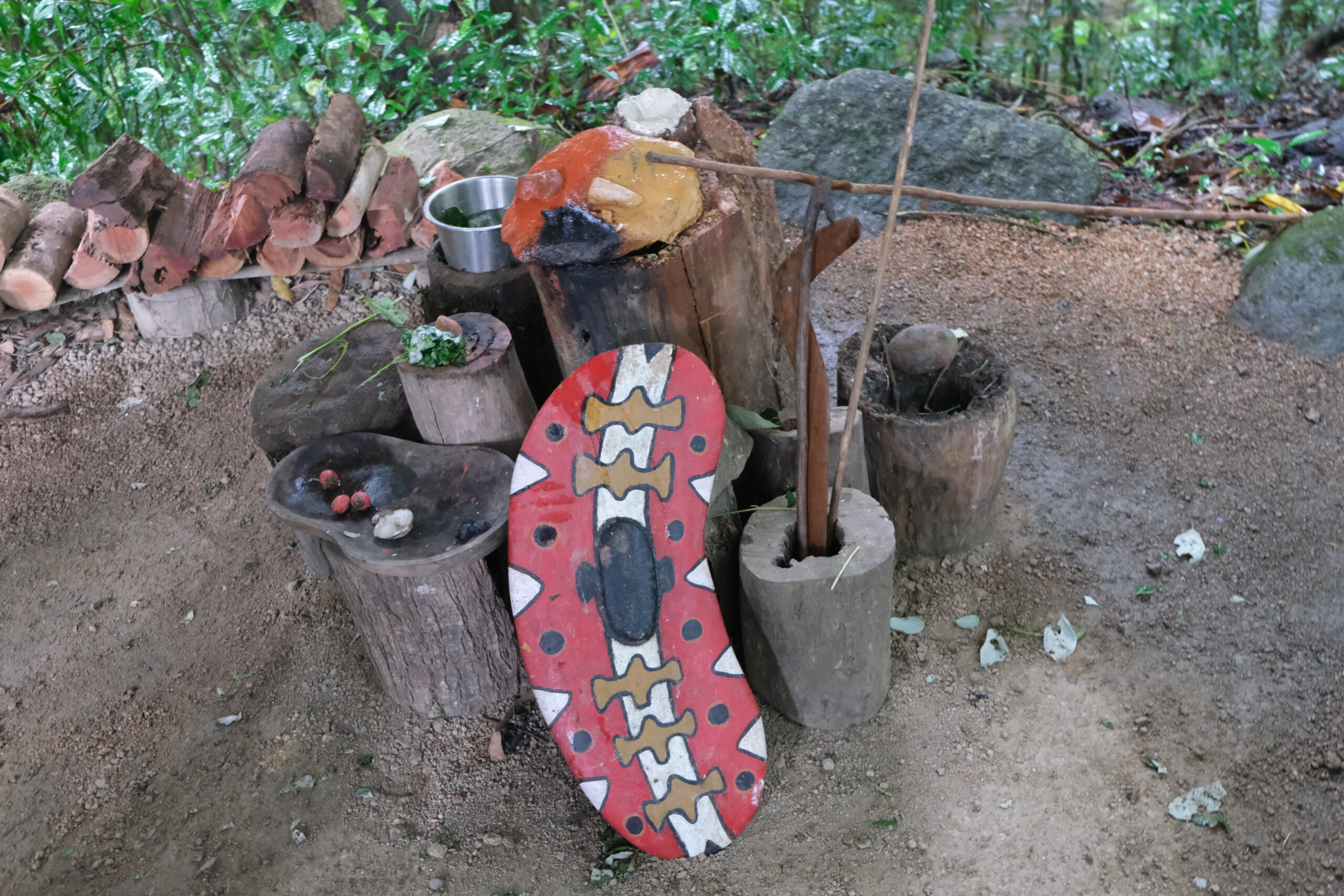
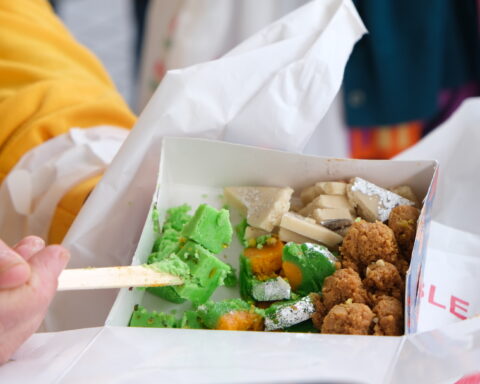
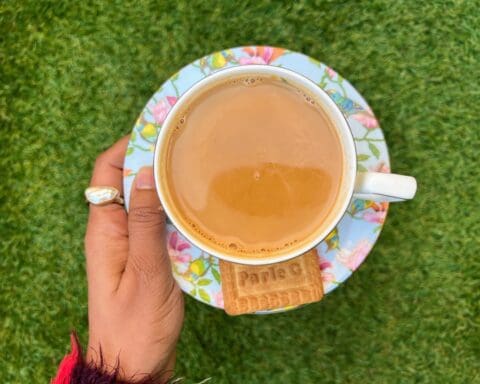
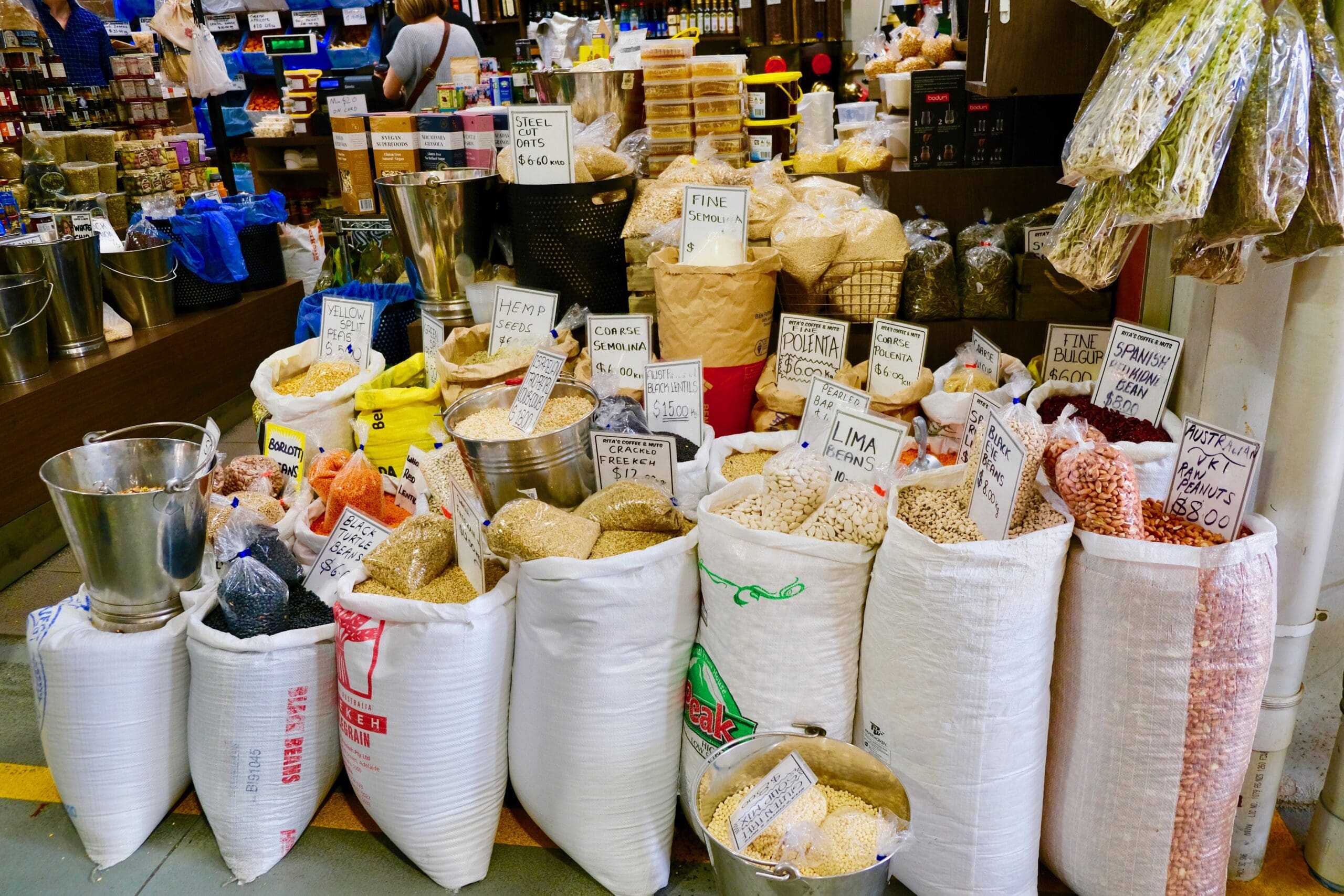
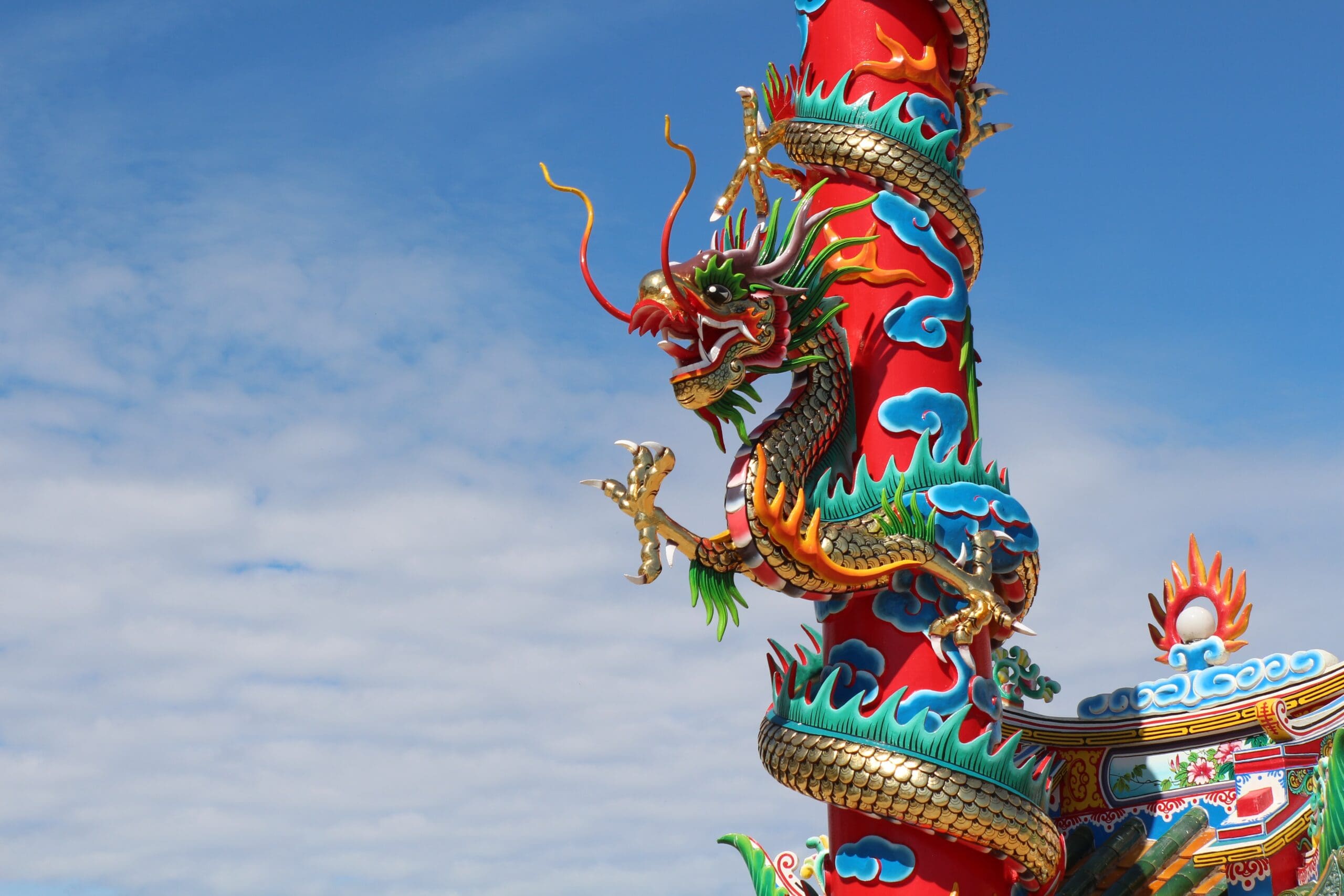
[…] Ramadan And Eid Celebration In Indian Culture Chat […]
[…] essential celebration dish in Indonesian culture. You will find Lontong on the menu from a wedding, Ramadan and everything in between, including […]
[…] way, I am glad I get to learn something new about (my own) Indian culture […]
[…] Henna is a part of old civilizations and its origin lies somewhere in Ancient Egypt, probably thousands of years ago. In modern times, this beautiful art is a part of the traditions in several world cultures. This is due to the cross-cultural communications that transmitted it all across, including Indian culture. […]
[…] my very limited knowledge always thought that chapatti (unleavened flatbread) and chai belong to Indian culture but apparently, it’s also a part of Kenyan culture. I only learned about it last weekend, when […]
[…] Culture Chat: Ramadan and Eid Celebration in Indian Culture […]
[…] thanks to my mom’s obsession with compartmentalizing things and teaching me more about Indian culture through food), it has been ages since I went to school with a packed lunch box and maybe […]
[…] the last Japan trip, our way to Jiro Sushi, a poster portraying Indian culture at Mori Art Museum caught my attention. I decided to check it out after […]
[…] Indian culture. […]
[…] Culture Chat: Ramadan and Eid Celebration in Indian Culture […]
[…] always get super excited about the Ramadan bazaar in Singapore every year, usually around […]